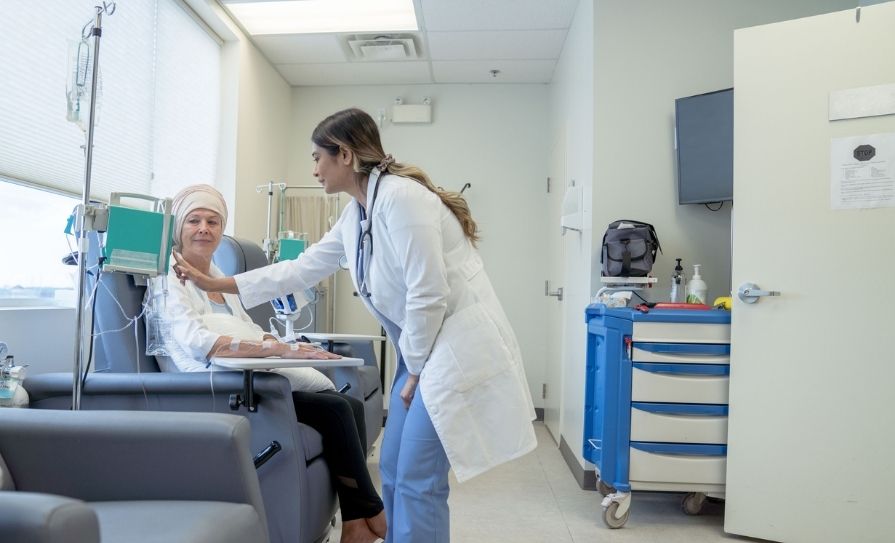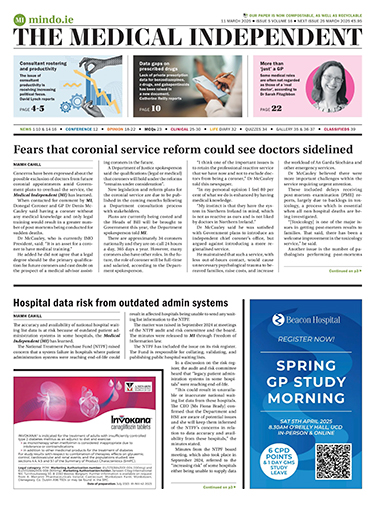She was speaking to <strong><em>MI</em></strong> in the context of a new report by the Council, titled <em>Maintenance of Professional Competence: Report of Progress 2011-2018</em>.
According to the report, “engagement in relevant quality CPD, including reflective practice, should become the norm. It is important that doctors are supported by the Schemes and employers who are both best placed to facilitate life-long learning.
“Where compliance remains an issue, postgraduate medical training bodies and employers should identify mechanisms to support these doctors. Guidelines need to be established, with clear referral pathways to manage non-compliance.”
Ms Cotter told <strong><em>MI</em></strong>: “Where the fees were originally set, there was a degree of infrastructure that needed to be set up by each training body to start to operate a Scheme, and those systems are all set up and functioning.” She would like to see the fee revenue focused towards areas such as “the risk management approach, expanding the verification process, looking at provision of CPD activities that reflect the complaints that come in… communication, consent, record-keeping”.
<img src=”../attachments/3a8dbde5-3a25-4a32-9fa7-6f2d54ce4cde.JPG” alt=”” />
<strong>Ms Jantze Cotter, Medical Council</strong>
If the postgraduate bodies indicate that they require increased fees, “we’d be having quite detailed conversations” around this matter.
In late 2016, the Council identified that a significant number of doctors had failed to enrol on a Scheme, which they were mandatorily obliged to do. The number of non-enrolled doctors has now fallen to around 1 per cent through a collaborative effort with the postgraduate bodies. However, approximately one-quarter of doctors are not fully compliant with their professional competence requirements. The Council and postgraduate bodies are working to address this, outlined Ms Cotter.












Leave a Reply
You must be logged in to post a comment.